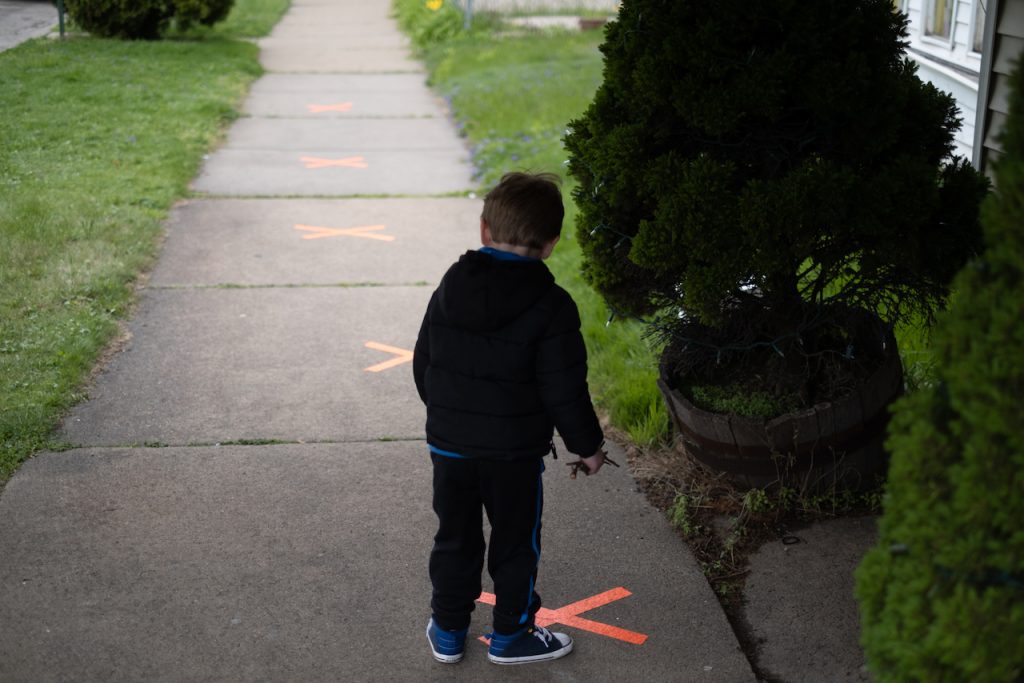Genetic “Memories” of Pandemic Trauma Could Be Passed Down to Future Generations
Neuroscientist Dr. Bianca Jones Marlin says when we inherit trauma and stressors from our ancestors’ lives, it’s actually biology telling us to survive.

The COVID-19 pandemic has been a mass traumatic event, with lingering mental health effects that could stay with us for even longer than the rest of our lives. Dr. Bianca Jones Marlin of Columbia University’s Zuckerman Institute says with instances of trauma, the descendants of survivors can be marked by their ancestors’ experiences.
“It’s very important to acknowledge science is motivated by scientists … It’s so important to include other aspects, experiences and stories in science. As a first-generation Black woman I have a keen awareness in how class and caste can play a role in epigenetics.” –Dr. Bianca Jones Marlin, the Zuckerman Institute at Columbia University
Listen: How our own present-day trauma may live on in our descendants.
Guest
Dr. Bianca Jones Marlin is an associate professor and principal investigator of the Marlin Lab at Columbia University’s Zuckerman Institute. She says the traumatic experiences of our ancestors can be passed down through epigenetic markers, influencing our own health. “One of the most well-studied instances of trauma being remembered in the epigenome … is the Dutch hunger winter … After World War II the population starved drastically for nine months … scientists discovered that the children and grandchildren of men who were starved [that winter] their descendants suffered from metabolic issues … the kids and grandkids were prepared to live in a land where there was no food.”
Marlin says it’s not just biology that motivates this inheritance — it’s also how society treats certain populations. “Many of the traumas we discuss are really stressors … when it comes to [the] traumatic aspect it really is a personal perception. This is because we have groups we consider resilient … it’s important to address the specificity of the trauma.”
Marlin says there are compound realizations in racial and class disparities that science has never seen before. “It’s very important to acknowledge science is motivated by scientists … It’s so important to include other aspects, experiences and stories in science. As a first-generation Black woman, I have a keen awareness in how class and caste can play a role in epigenetics.” She says when seeing these epigenetic markers of trauma manifest in our children, it’s all about mitigating what we can. “I may not be able to stop my children from coming from enslaved people … however the internal environment of our home … can potentially be the environment that changes the epigenetic factors.”
Trusted, accurate, up-to-date.
WDET strives to make our journalism accessible to everyone. As a public media institution, we maintain our journalistic integrity through independent support from readers like you. If you value WDET as your source of news, music and conversation, please make a gift today.
